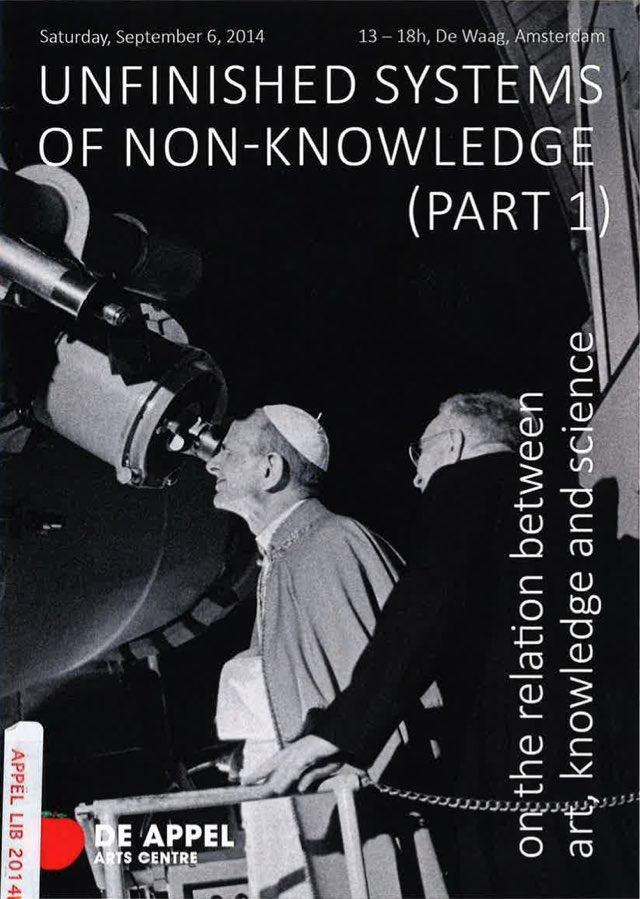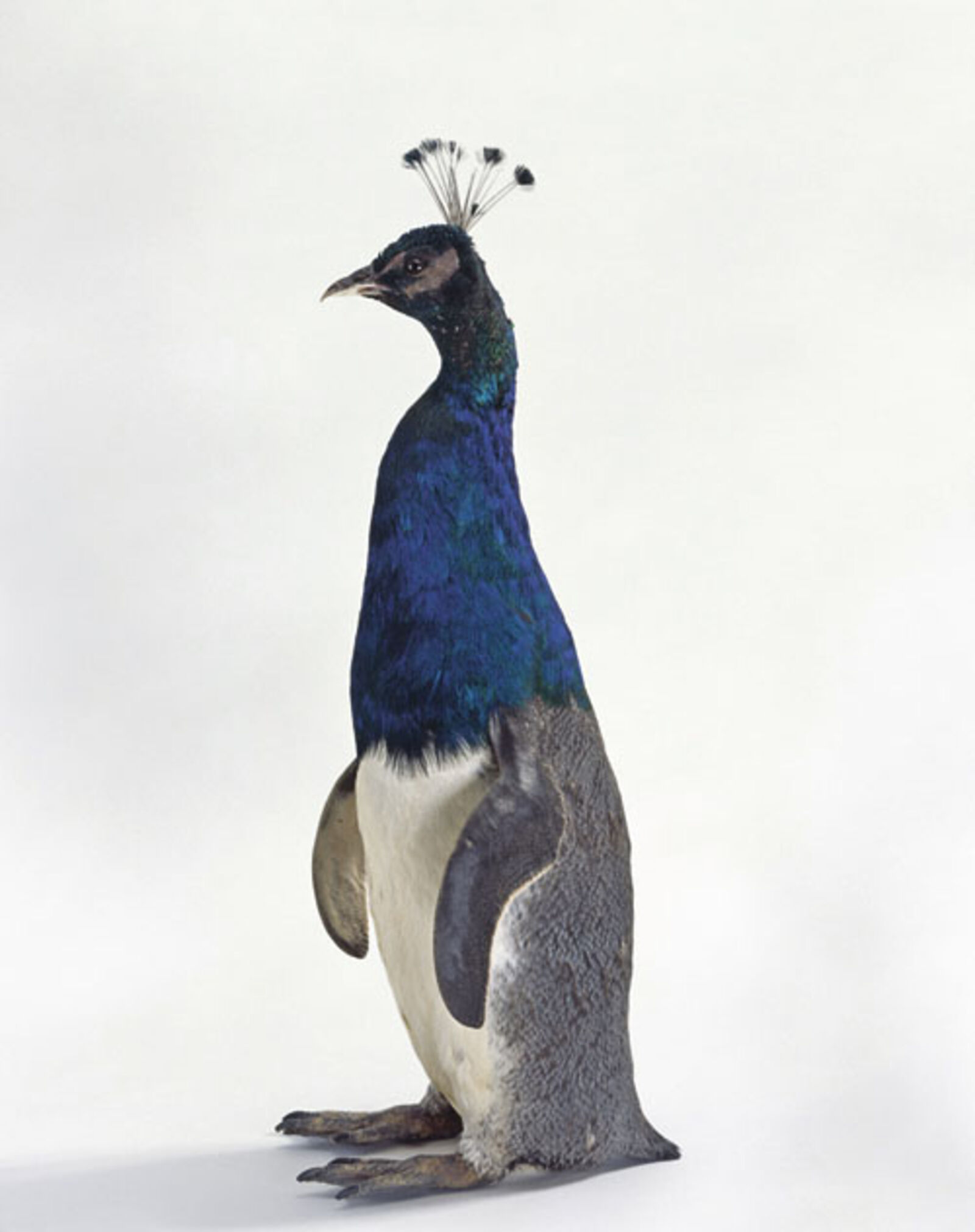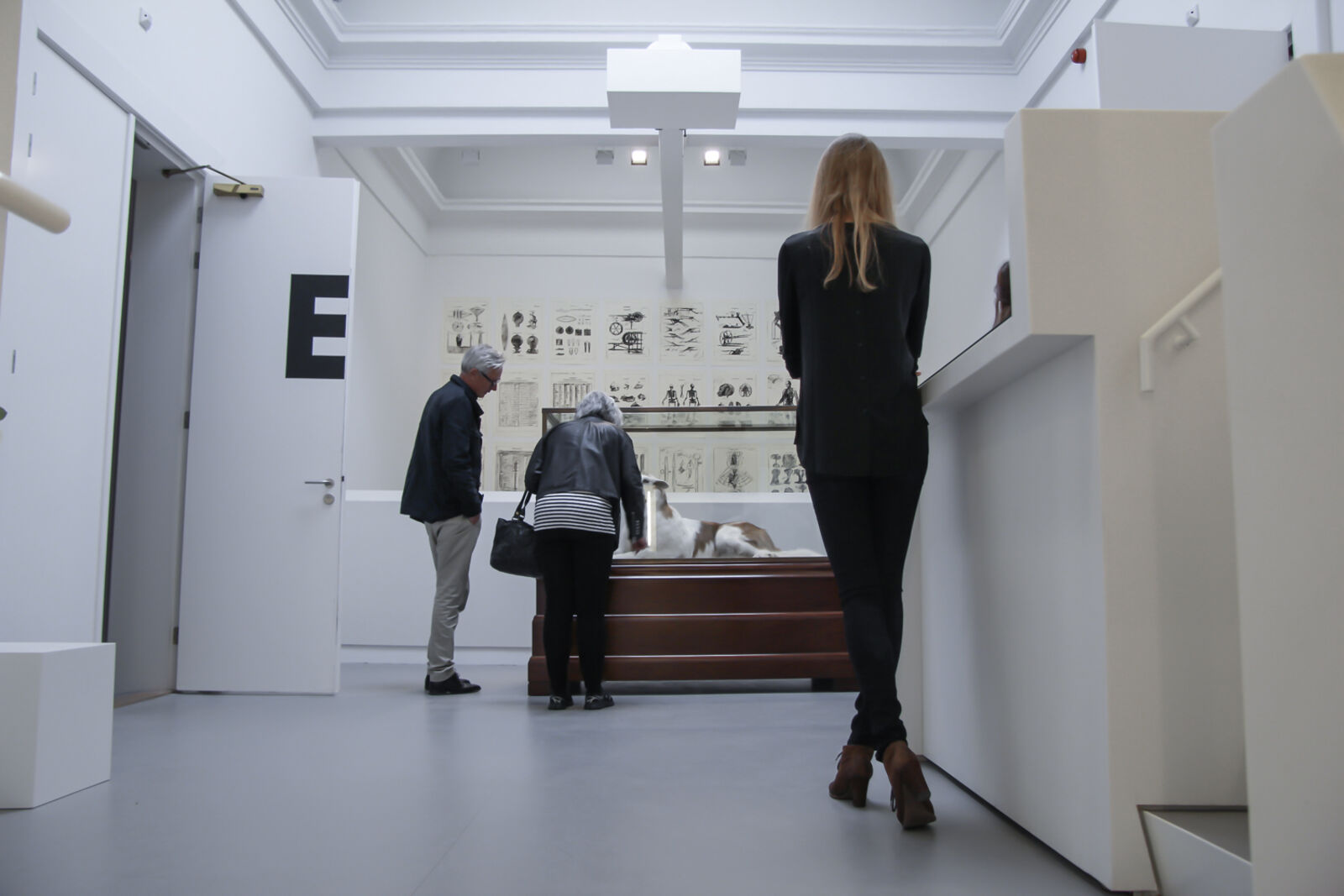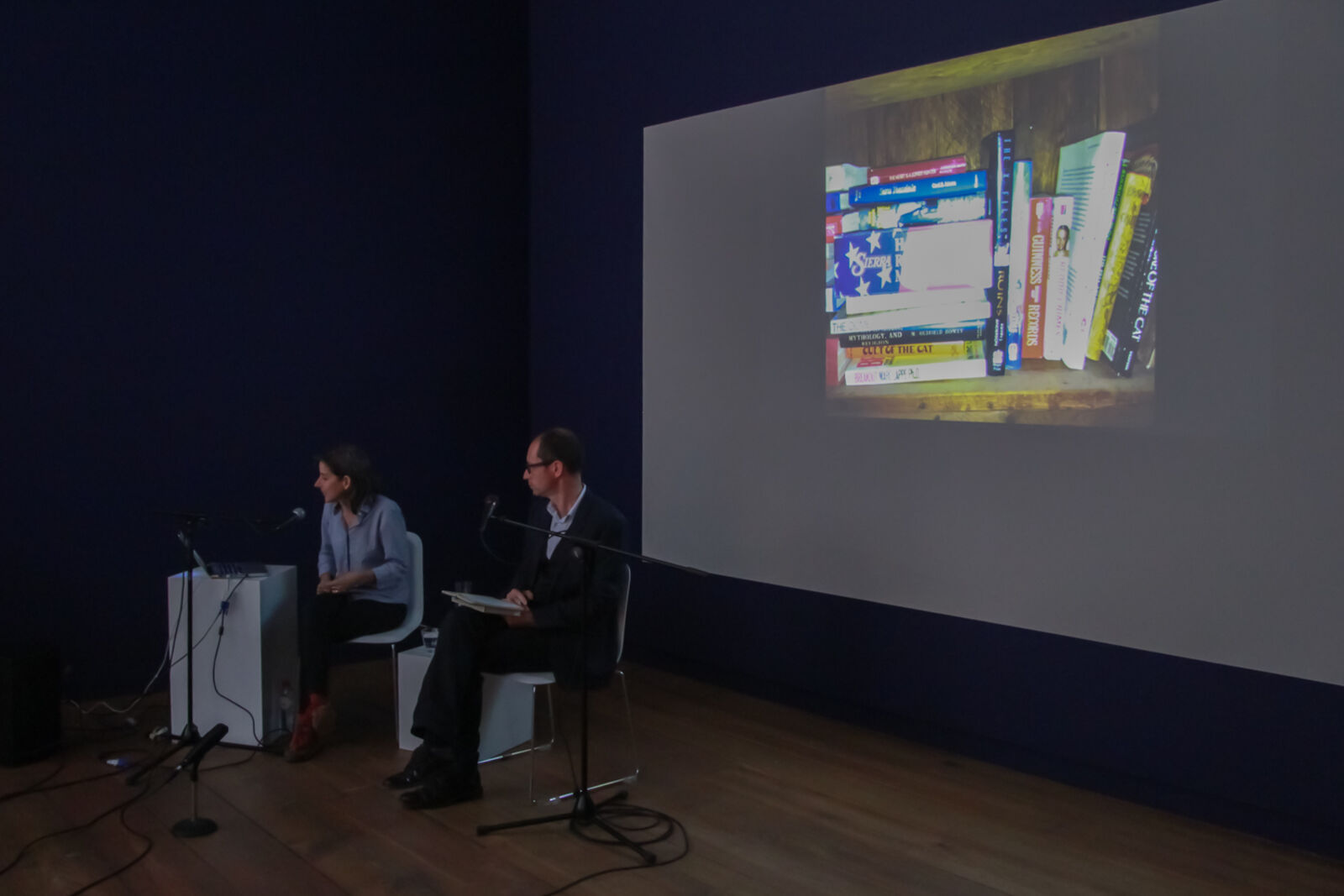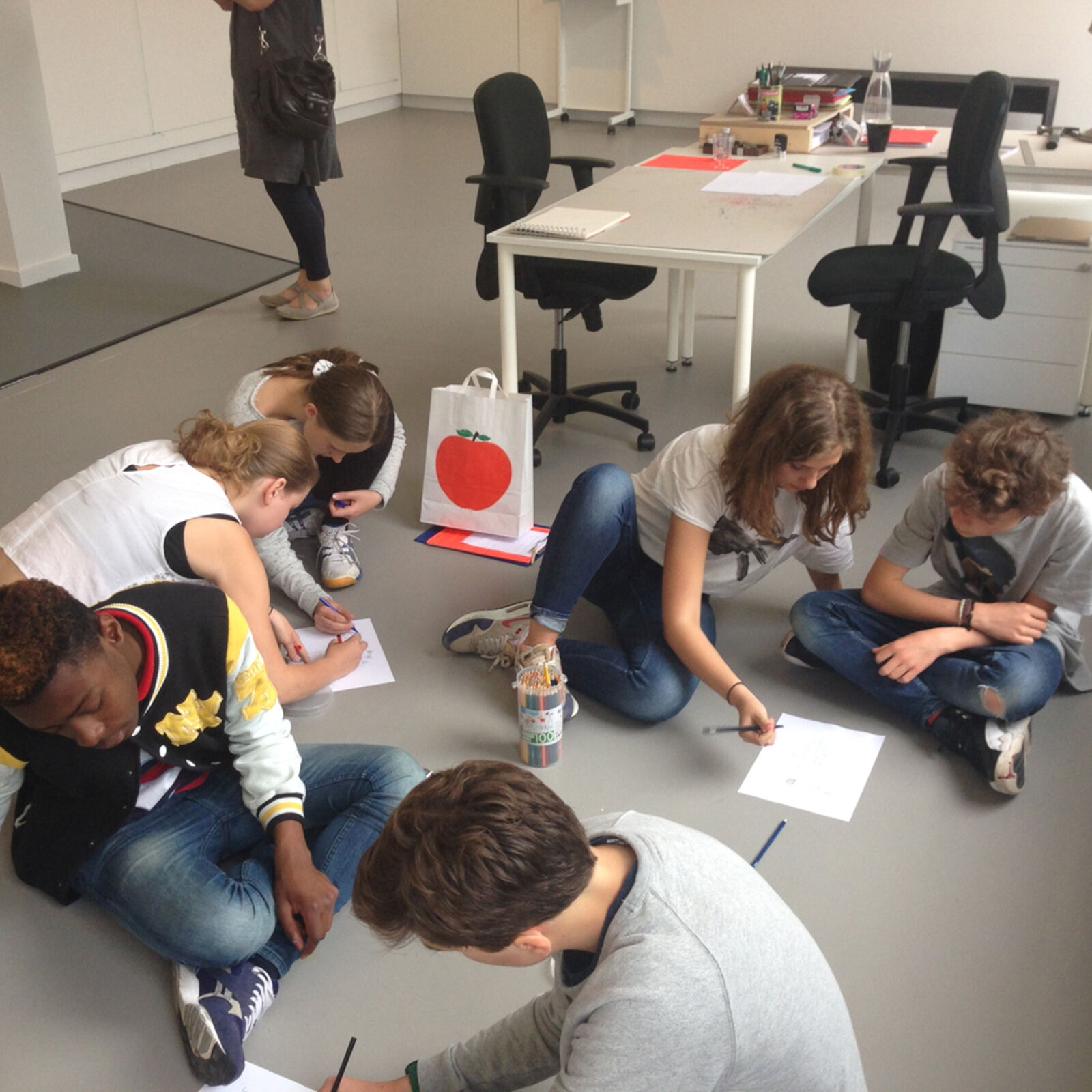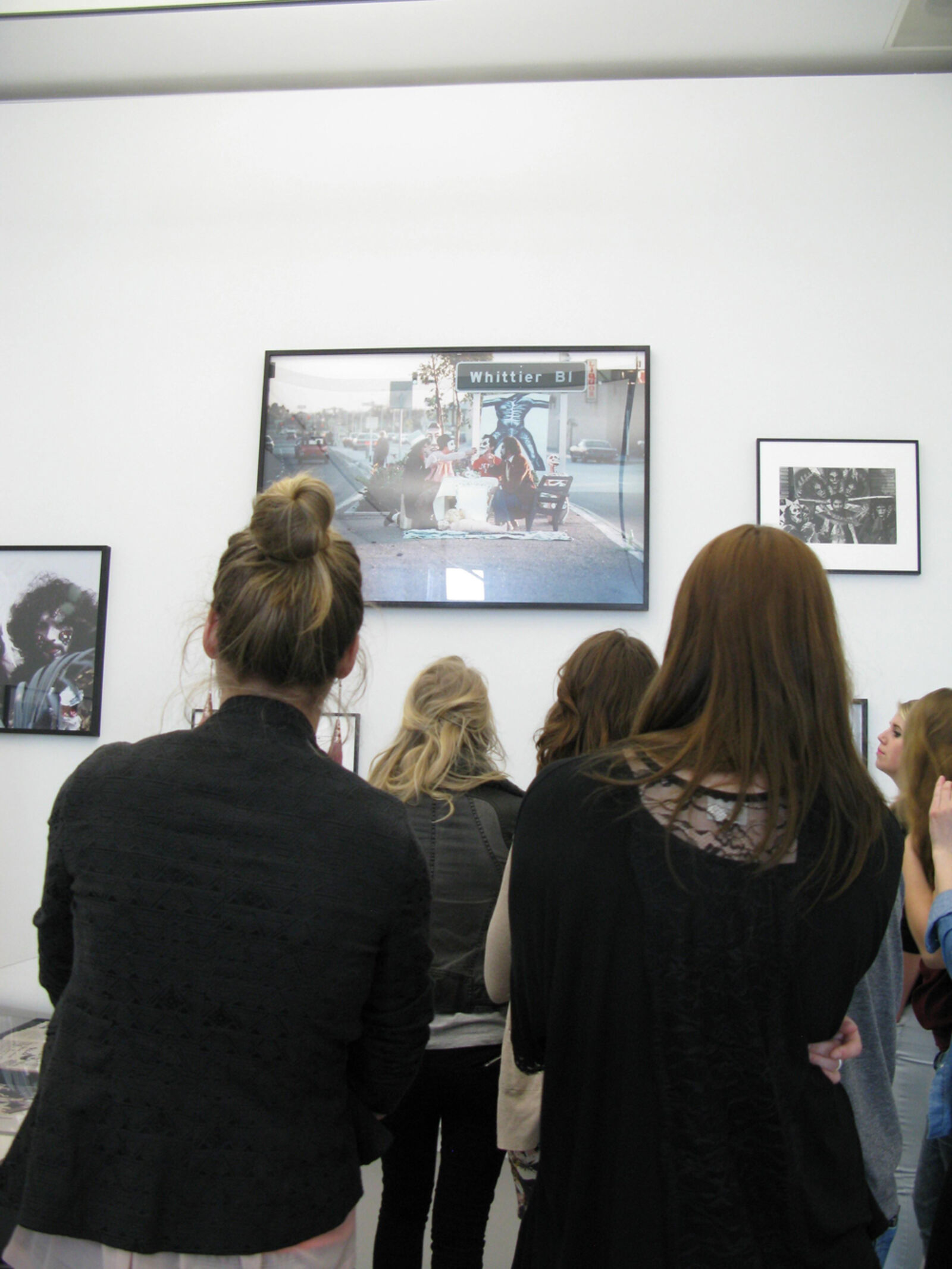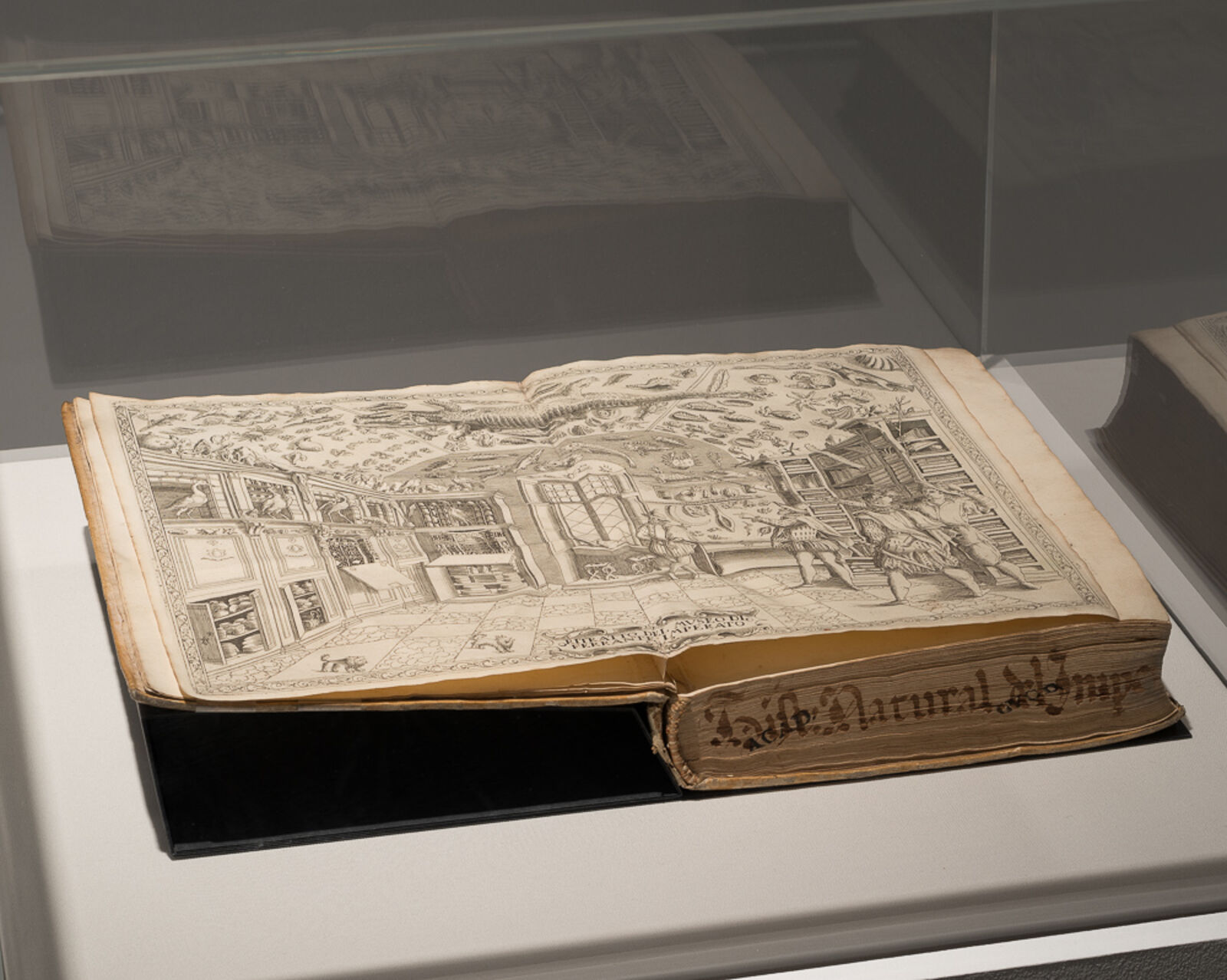Unfinished Systems of Non-Knowledge (part 1)
De Waag, Theatrum Anatomicum, Amsterdam
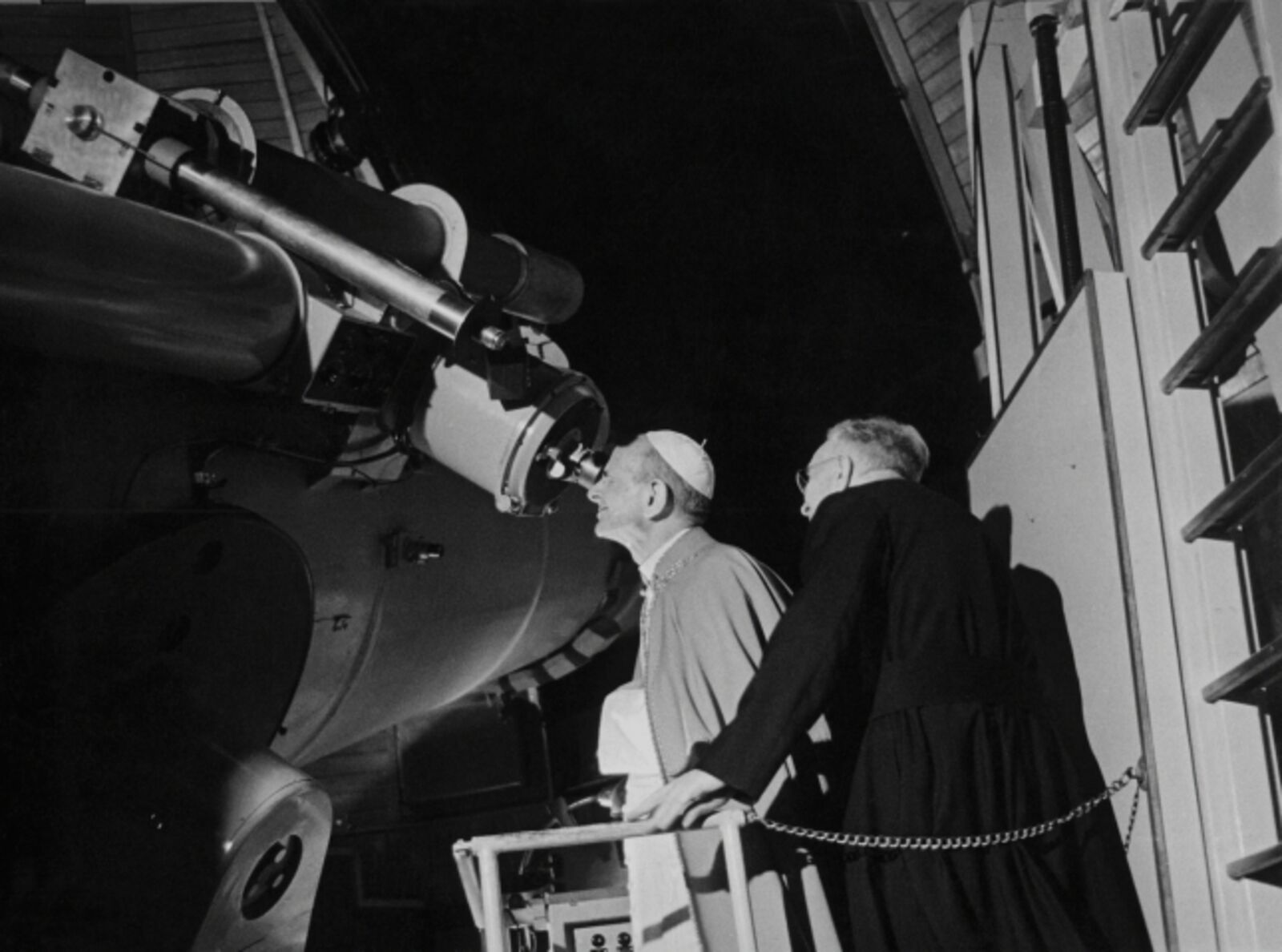
Laurent Grasso, Specola Vaticana (Paul VI Schmidt), 2012, Silver print on Baryté paper mounted on aluminium, framed in walnut wood, 81,6 x 65,1cm. Courtesy of the artist.
A programme at Theatrum Anatomicum in the De Waag exploring the relation between art and knowledge, curated by curator, writer and researcher Christel Vesters, with the participation of Jochen Dehn, Natasha Ginwala, Vincent Icke and more.
Location: Theatrum Anatomicum De Waag, Nieuwmarkt 4, Amsterdam
Entrance
regular: 7,50
members LAPS: free
Language event: English
www.unfinished-systems-of-nonknowledge.org
Does art produce its own kind of knowledge? Where is the synergy between art and ‘hard’ science? And what value do we place on curiosity and imagination in today’s knowledge-driven economy? Unfinished Systems of Non-Knowledge (part 1) is a public event exploring the dialogues between art, knowledge and science. To answer these questions, scientists, curators and artists revisit examples from the early Modern period when art and science where not yet strictly separate disciplines. Unfinished Systems of Non-Knowledge is the first part of a longer research project and a prelude to a three-day event in the winter of 2014-2015.
Unfinished Systems of Non-Knowledge (part 1) is the first part of a longer-term research project developed by curator, writer and researcher Christel Vesters, which investigates and tests the potential of art as an alternative knowledge system. The project explores the possibility of alternative knowledge systems – in the visual arts, literature and the sciences – that are notable for their subversive agency in terms of dominant ideas on knowledge and models of knowing.
In the history of the West, art has traditionally been identified as ‘another form of knowledge’. The relationship between art and knowledge is a complex and often contested one. Historically, art has long claimed to be a possessor and producer of knowledge that is ‘other’ or ‘different’ – knowledge that does not spring from the intellect, but from intuitive or speculative imagination. In this way, ‘art as knowledge’ avoids or undermines the laws of objective logic and science. What, in fact, is this other, alternative form of knowledge? How is it created, what drives it, and how does it operate? What is its value in relation to our contemporary society, in which ‘thinking differently’ is being subjected to increasing pressure?
With these questions as a starting point, Unfinished Systems of Non-Knowledge (part 1) investigates the development of alternative knowledge and thought models in visual art, literature and the history of the sciences. Examples and experiments from the Early Modern period are explored, when art and science were not yet strictly separate disciplines, when curiosity and imagination were driving forces for many new discoveries.
Part 1 of Unfinished Systems of Non-Knowledge has been developed in conjunction with the exhibition, Curiosity: Art and the Pleasures of Knowing, currently on view at De Appel Arts Centre, and includes a programme of performances, lectures and presentations in which philosophical reflection and theoretical explanations are juxtaposed with hands-on experiments and performances.
Vincent Icke, Professor of Theoretical Astronomy at the University of Leiden and also a visual artist, takes his audience to the wondrous world of the 17th-century scientist, Christiaan Huygens. Huygens was not only a gifted mathematician, astronomer and physicist whose contribution to the development of the telescope resulted in pioneering discoveries, but he was also one of the first writers of science fiction. His Cosmotheoros, published in 1698, speculates in great detail about the existence of life on other planets.
The tension between rational and speculative modes of knowledge production, between objective perception and imagination, was a recurring theme in the lives and works of six 19th-century protagonists captured in Double Lives, a research project developed by curator and researcher Natasha Ginwala for this year's 8th Berlin Biennale for Contemporary Art. Taking the scientific discoveries, image-making and personal biographies of these individuals as her lead, Ginwala explores their lives at the intersection of Modernity, knowledge formation and Empire – as multifaceted attempts in constructing what may be termed an 'Image of the World'. Ginwala is particularly interested in connecting modes of image-making that lie at the crossroads of art and science, with the early history of photography and another invention from that same period – the stereoscope. This optical device animates images by using two images to make one, with the effect of depth and mass. It is examined as an epistemic tool to survey these ambiguous figures and the dialectical forms of knowing their time and place in history.
In performances by artist Jochen Dehn, viewers are continuously set on the wrong foot, as the artist toys with the limitations of our thinking. At one point, for example, he uses a series of scientific experiments and data from biology, mathematics, art history, physics and chemistry to demonstrate how we as human beings can become invisible, without actually disappearing. Dehn takes his audience along with him as he makes use of hard facts to create a different model of thought, one in which one plus one can be three.
Unfinished Systems of Non-Knowledge (part 1) takes place in the historic Anatomical Theatre of the landmark De Waag building, one of Amsterdam's original city gates. Used by Surgeons Guild as a teaching auditorium in the 17th century, it was a place where empirical forms of the production and transfer of knowledge took place, and is pictured in Rembrandt's famous painting from 1632, The Anatomical Lesson of Dr. Tulp. This exceptional location is a perfect setting for an exploration of the relationships between art, science and discovery.
The programme of the afternoon is as follows:
12:30 DOORS OPEN
13:00 OPENING and INTRODUCTION by CHRISTEL VESTERS
Some Thoughts on the Potential of Art as Alternative Knowledge System
13:20 THE HISTORY OF THE THEATRUM ANATOMICUM
A short introduction to the history and use of the Theatrum Anatomicum.
13:30 LECTURE by VINCENT ICKE
Unfinished Business: Christiaan Huygens, Art and Science
14:30 BREAK
14:45 PERFORMANCE by JOCHEN DEHN
School for Invisibility – Animal Technologies, Soap Films and Miracles
15:45 BREAK
16:00 LECTURE-PRESENTATION by NATASHA GINWALA
The Citizen of the World
17:00 WRAP-UP by BARBARA VISSER and CHRISTEL VESTERS
Where art and science meet, and why they should meet more often.
17:15 DRINKS
18:30 END
Due to high demand and limited seating capacity, we kindly ask you to let us know if you will not be able to attend the event!
With thanks to: De Waag and LAPS (Lectorate on Art & Public Space, Gerrit Rietveld Academy), Amsterdam
